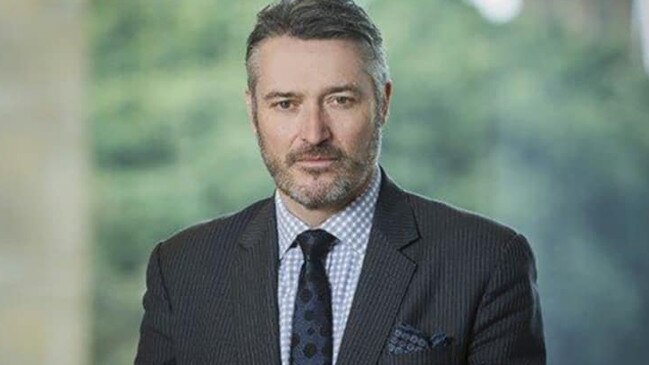No easy settlements: ASIC plan to target punishments
The corporate watchdog should overhaul its approach to enforcement, an internal review has found.

The corporate watchdog should adopt a tough new approach to enforcement that focuses on taking legal action to ensure “deterrence, public denunciation and punishment of wrongdoing”, an internal review has found.
A new Office of Enforcement should also be set up to oversee the Australian Securities & Investments Commission’s inquiries.
The regulator should also no longer settle cases before opening a formal investigation — a move that allows it to use the full weight of widespread powers that include the ability to demand documents and interview people under oath.
The recommendations of the review, conducted by new ASIC commissioner Daniel Crennan QC with assistance from a panel of legal and law enforcement experts, are contained in a letter to the financial services royal commission made available by the inquiry yesterday ahead of its final report, to be delivered to government on Friday and published on Monday afternoon.
ASIC commissioned the internal review in October following an external review of its enforcement practices by Treasury.
That Treasury review made 50 recommendations designed to beef up action against corporate malpractice. This was a reaction to years of sharp criticism of the watchdog for being toothless, delivered by parliamentary committees, consumer groups and commentators.
ASIC had “not yet had the opportunity to formally consider the report”, the regulator’s chief legal officer, Chris Savundra, said in the January 6 letter.
He said ASIC would respond to it following the royal commission’s final report.
“ASIC’s enforcement capability and effectiveness is today, more than ever, a vital integer in the success of the Australian economy,” he said.
He said it was proposed that the Office of Enforcement be modelled on similar examples run by overseas regulators — including the US Securities and Exchange Commission, Germany’s Bundesanstalt fur Finanzdienstleistungsaufsicht and Britain’s Financial Conduct Authority — and be supervised by ASIC’s deputy chair and two other commissioners. This would tie into a new operating model for ASIC, championed by chairman James Shipton, under which commissioners are less hands-on and instead concentrate more on supervising operations.
“Other recommendations include that the commission should formulate guiding principles and operational guidelines for the Office of Enforcement that focus on deterrence, public denunciation and the punishment of wrongdoing by way of litigation — and not by the pursuit of negotiated outcomes,” Mr Savundra said in the January 6 letter.
This included a new four-stage process to run investigations and enforcement activities under which “administrative resolutions and negotiated outcomes should not be considered” before a formal investigation under Section 13 of the ASIC Act had been completed.
Such a move would dramatically raise the stakes for companies and individuals under investigation by ASIC because when the regulator declares a formal investigation, it awakens sweeping powers to demand documents and conduct examinations under oath, during which the right against self-incrimination is extinguished.
Further increasing the stakes, failure to provide documents or lying to ASIC during an examination can be a criminal offence.
Under Mr Crennan’s proposal the Office of Enforcement would also “establish a process to review each decision of no further action made at each stage of the investigation”, Mr Savundra said in the letter. The Australian Securities and Investments Commission has been embarrassed by revelations it stopped investigations despite having a strong legal case or in the face of repeated complaints by victims. As The Australian has reported, in one case ASIC stopped an investigation into CBA’s term deposit pricing following the global financial crisis despite strong legal advice the bank was ripping off customers.
The bank’s allegedly misleading pricing strategies then became widespread across the banking industry.
Mr Crennan recommended the Office of Enforcement be supervised by an oversight committee made up of a former senior judge or silk, a legal academic, an economist and a senior law enforcement official from outside ASIC.


